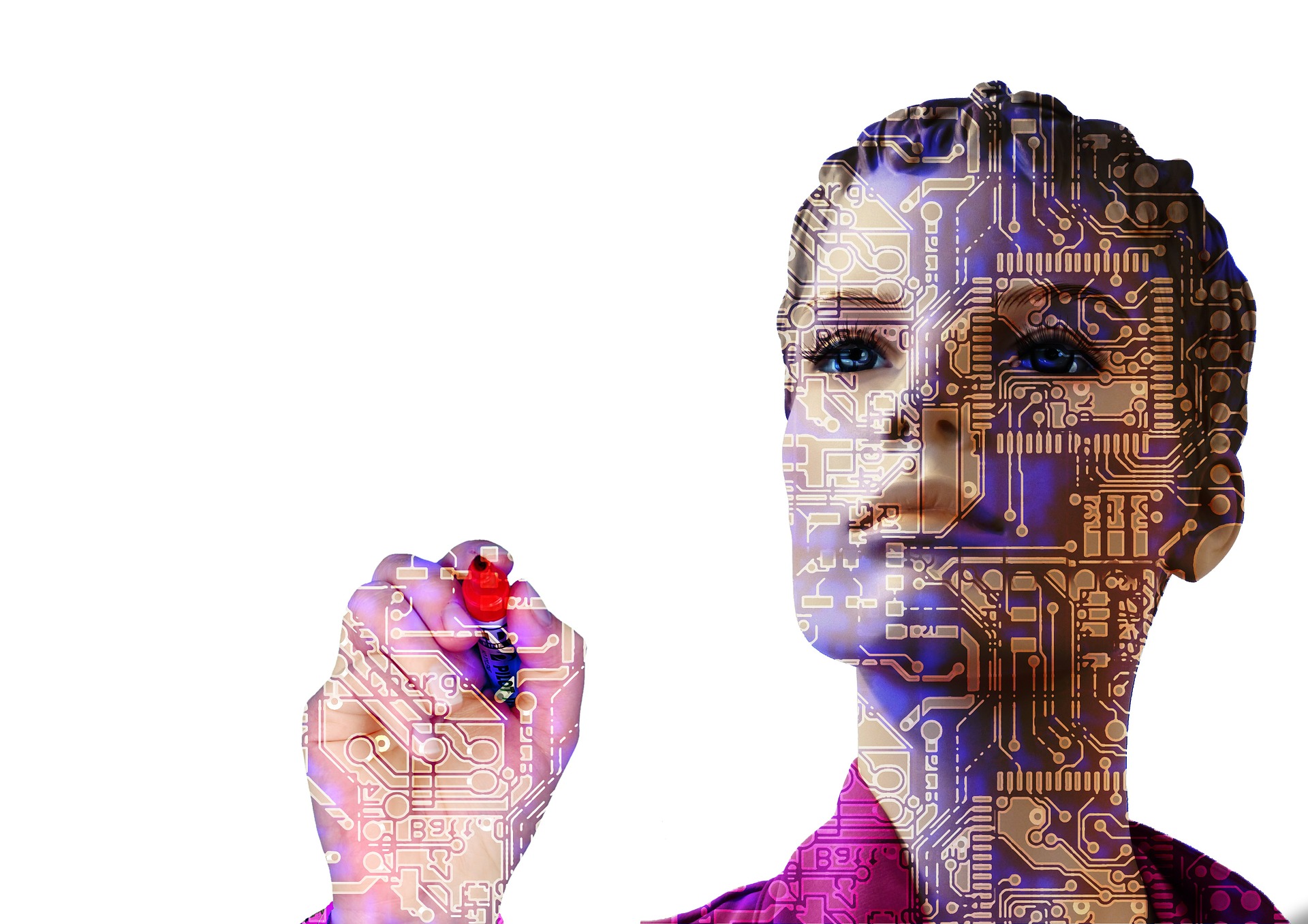Artificial Intelligence Changing the Future of Travel

Our Recent Posts

January 8, 2020
Security of Your IoT Devices Deserve Top Priority
With more and more internet – connected devices finding their...

January 6, 2020
Responsive Designs Could Hinder Conversions – Optimizing for a Responsive Mobile Experience
Responsive design is an approach to web design that makes...

January 2, 2020
Artificial Intelligence in Banking Reshaping the Customer Experience
Artificial Intelligence technology in banking is being assiduously employed by...
